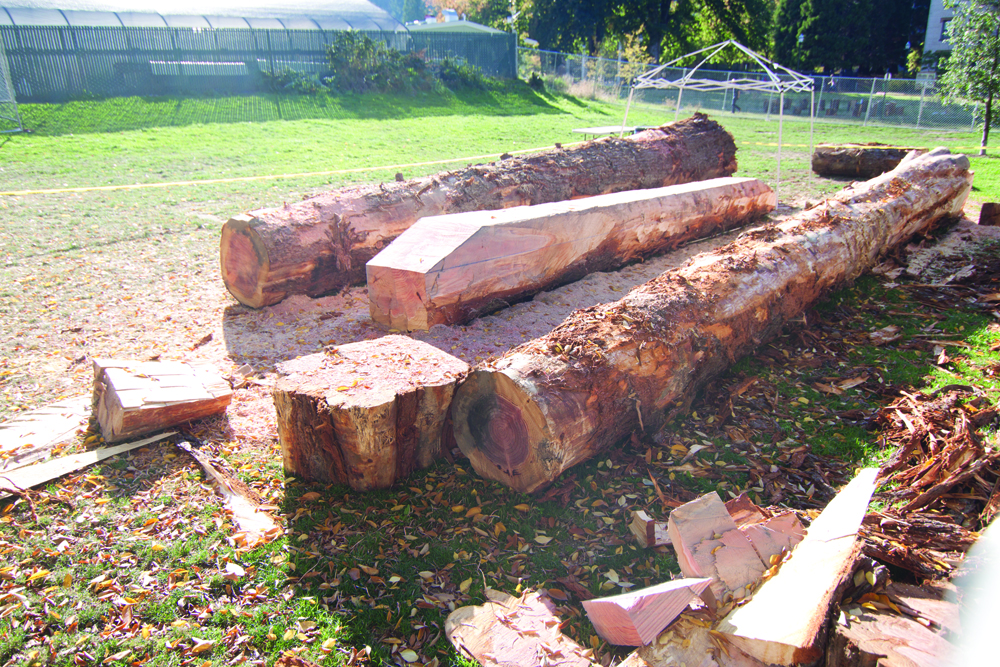Like the U.S., Canada has a long, sordid history of settler-colonialism. Exploitation of Indigenous nations continues today as nearly a dozen different energy corporations attempt to build pipelines through unceded Wet’suwet’en territory in central British Columbia.
In the U.S., when energy corporations want, for example, to build a coal mine on sacred Indian lands, the legal arm of a corporation points to treaties made in an era when state-sponsored genocide of Indigenous communities was an accepted part of America’s Manifest Destiny. The problem with First Nations’ territories in British Columbia is that no treaties were ever signed to cede Indigenous lands to the British or Canadian governments. Essentially, Great Britain claimed the territory without even recognizing that there were Indigenous nations already living there.
This is problematic in modern societies as land disputes are now settled in court instead of by genocide. Since the Indigenous nations have a claim to the land dating back around 10 millennia the First Nations’ right to the land should be easily upheld by the courts; however, the Canadian Supreme Court has not made a significant, landmark decision concerning unceded Aboriginal land. Instead, the Canadian Supreme Court declined to make a definitive decision concerning Aboriginal title to ancestral homelands in the Delgamuukw vs. Canada decision of 1997 [at paragraph 74 of the Court’s decision]. This ruling did not define the legal status of unceded native lands but did recognize the authority of hereditary chiefs over their nations.
Caught in legal limbo, the Unist’ot’en clan has been fending off trespasses by energy corporations for years now. There are around a dozen companies intending to build pipelines to the Pacific Ocean for the purpose of exporting highly-toxic oil from the Alberta Oil Sands and natural gas from fracking fields near the Arctic Circle. Three corporations in particular: Chevron, TransCanada (think Keystone XL), and Enbridge have all been aggressively pursuing measures to prepare for pipeline construction, such as sending work crews to the territory, clearing trees, and repeatedly trespassing by helicopter. In response the Unist’ot’en clan has repeatedly threatened to confiscate the work materials of interloping work crews, but the corporations are unrelenting.
While it is unsurprising that wealthy energy corporations would try to exploit a disenfranchised nation of Indigenous peoples, perhaps the most uplifting aspect of this situation is that the Unist’ot’en seem to be winning, if only temporarily. Unfortunately, this may be because of the recent wane in global oil prices and the fact that oil can also be transported across the continent by train. Although, some of the older oil cars tend to explode from time to time.
Although hard to admit, the U.S., Great Britain, and Canada have all committed historic crimes against the Indigenous nations of North America and still actively facilitate the exploitation and destruction of native communities.
As educated students, imbued with knowledge about the true nature of “Manifest Destiny” we must make our voices heard and say that Indigenous nations have the right to govern their ancestral homelands as their traditions see fit.






